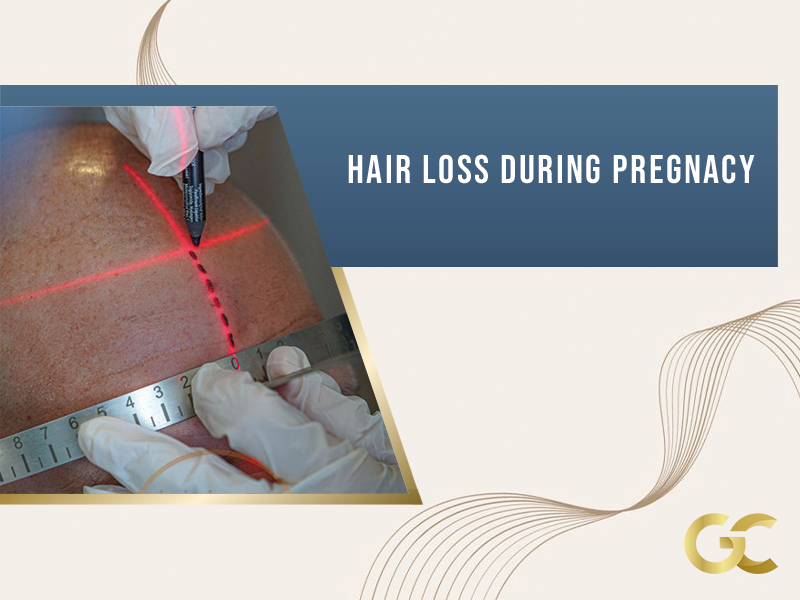Ah, the joys of motherhood! The uniquely female function that brings new life to this earth and enlarges the family. A lot of changes happen during pregnancy: breasts get larger, hips get wider, and a baby bump progressively makes its presence known.
And that is only what you can see, a lot of things are happening behind the scenes, inside the mother’s body. Of such internal processes, another visual change that might result is hair loss during pregnancy and/or after.
Some first-time mothers often get alarmed when finding clumps of hair on their pillow when waking up, but this is normal. Nonetheless, knowing the reasons why there is hair loss during pregnancy can help them to better deal with the experience.
Reasons for Hair Loss During Pregnancy
A pregnant body is a changing body inside and out. To accommodate the baby, a woman’s body triggers a series of changes that will ultimately modify it to carry on the pregnancy to completion. Some of them are part of the reasons for hair loss during pregnancy and after it. Those are:
Hormonal Changes
During pregnancy, the female body floods with vast quantities of oestrogen and progesterone. Both hormones are closely associated with motherhood. Oestrogen levels, in particular, start rising during the beginning of the pregnancy, and it also happens to affect hair growth and hair loss.
Higher oestrone leads your hair to remain in the anagen phase of the hair growth cycle for longer than usual. The anagen phase is also known as the growing phase of the hair while remaining there is also possible to notice your hair getting a bit thicker.
The rising levels of it keep high during the whole pregnancy. It is not until after childbirth that they drop dramatically to normal levels. This somewhat abrupt adjustment leads the hair to enter into the telogen phase of the hair growth cycle, also known as the resting phase.
In this phase the hair stops growing, waiting for the next batch of hair from the hair follicle to replace them. This renovates the hair and its part of the cycle. The still adjusting levels lead the hair to remain in the resting phase rather longer than usual, too, just like it did in the growing phase before.
More hair will shed than usual since the body is ‘waiting’ for a renewal that will not occur for a while. This commonly lasts for the first three to four months after pregnancy and resumes normally afterwards.
Iron Deficiency
Pregnant women are at risk of iron deficiency due to requiring higher iron levels than normal for the baby’s development. Pregnant women should consume around 28 mg of iron daily. Not receiving enough of it can make your hair look lustreless, brittle, and causing it to break. Read meats, poultry, seed, and seafood are good sources of it, make sure your diet includes plenty of them.
Alopecia Areata
It is an autoimmune disorder in which the body’s immune system attacks its own healthy cells thinking they are viruses. The hair follicles get caught up in this, and your hair will start to shed because of it. The hair sheds in quarter coin-sized little spots. However, hair loss is reversible once the condition is under control.
Androgenetic Alopecia
Known as female pattern baldness when it affects women. Women can actually suffer from baldness, just like men, but theirs develops differently.
The hair will start to thin in the area of the centre of the crown, where the hair parts instead of having their hairline recede. The hair shed during pregnancy might not come back at all. The causes of this condition are genetic, with either or both parents passing down the genes involved.
Treating Hair Loss During Pregnancy
The hair loss during pregnancy and after it does normally grow back. However, by using minoxidil, an over-the-counter medication that aids hair growth, you can accelerate it. Just apply it in the zone two times a day, and you will see the hair grow around after six months.
In the off-chance that the hair does not grow, makes the hair loss permanent, a follicular unit excision (FUE) hair transplant will help.
Not only men seek hair transplants, but women can also undergo the procedure with no issue at all.
Our surgeons are highly-skilled and deliver hair transplant procedures at an affordable price. Contact us if restoring your hair is in your plans.

